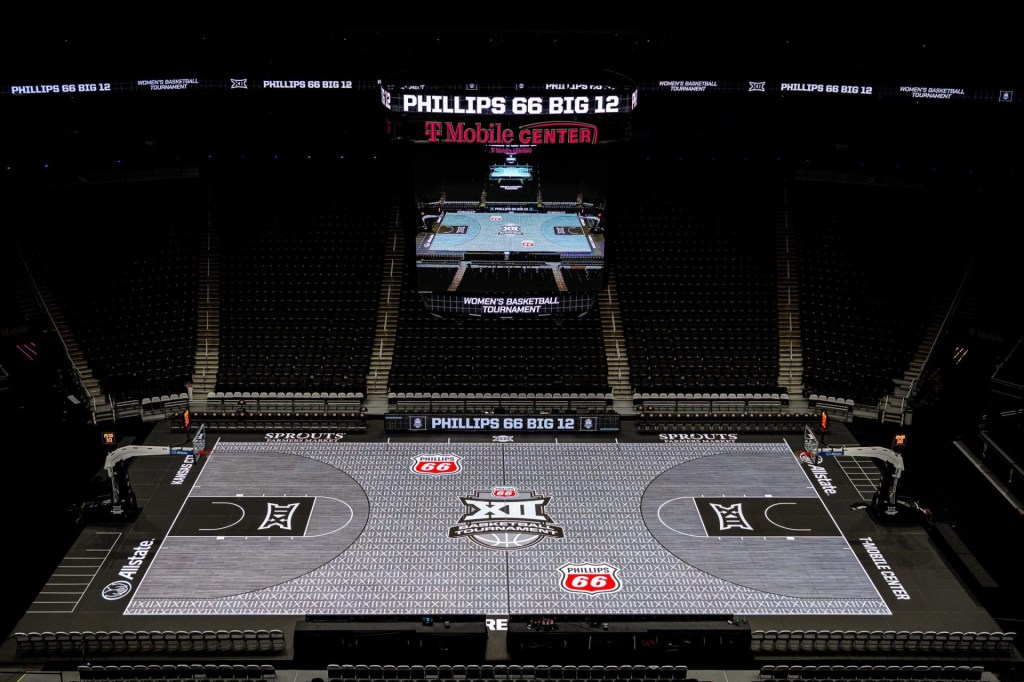The NCAA has three weeks to decide whether it would be willing to risk bankruptcy to gain control over NIL (name, image, and likeness) collectives.
In the two-hour-plus virtual hearing Thursday, the NCAA’s attorney, Rakesh Kilaru, made it clear the entire House v. NCAA settlement agreement could hinge on whether the NCAA can maintain language restricting NIL collectives. In exchange for agreeing to billions in damage payments, and even revenue-sharing between schools and players, the NCAA and conferences wanted the power to significantly restrict NIL collectives. The settlement gives a third party, chosen by the NCAA, the ability to block any NIL deal over $600 that it sees as above “fair market value” or “pay-for-play.”
The NCAA is willing to accept that schools pay athletes for playing on their teams, but it is still trying to keep boosters and collectives from doing so.
During the hearing, Northern District of California Judge Claudia Wilken made clear she would not grant preliminary approval to a settlement including these restrictions. While plaintiff attorney Jeffrey Kessler said he was fine with dropping them, Kilaru called the rules a key part of the settlement from the NCAA’s perspective. “Without it, I’m not sure there will be a settlement to submit,” he said.
The parties now have three weeks to either provide an updated settlement proposal or go to trial. “Last night’s hearing did not go as we had hoped,” NCAA president Charlie Baker said in a letter to schools Friday, the text of which was obtained by Front Office Sports.
For collective operators, who have said since the proposal’s filing that the restrictions were unfair—potentially even illegal—it was a night of gloating and jokes in group chats.
The Collective Association, an organization representing dozens of collectives across Division I, issued an incisive statement accusing the NCAA of trying to “claw back power.”
“While we were pleased to see an attempt to provide justice to former athletes, the proposed limitations on third-party booster and collective deals were exposed as another attempt by the NCAA to take back rights from and decrease the overall NIL opportunities for college athletes.” The group added: “Moving forward, we encourage stakeholders in Congress and the media to be leery of both the motives and actions of the NCAA.”
The negotiation over this pivotal part of the deal isn’t really between the NCAA and conference lawyers and the plaintiff attorneys, who appear amenable either way. It’s with Judge Wilken, who is no stranger to the NCAA’s amateurism antics. She has presided over O’Bannon v. NCAA, finding it illegal for companies to profit off athletes’ NIL without compensating them; and Alston v. NCAA, the case that the NCAA lost 9–0 at the U.S. Supreme Court level and that found it was subject to the same strict antitrust scrutiny as any other company.
The NCAA could agree to the settlement without its precious NIL approval process, or potentially negotiate some sort of watered-down language, like inserting its existing NIL policy language into the settlement.
Though, as Kilaru said during the hearing, that may not be enough for a governing body that has struggled to enforce any NIL rules for the past three years. The NCAA has even less power since a federal court issued an injunction preventing the NCAA from enforcing NIL rules, particularly those that prohibit athletes from negotiating with collectives before committing to go to a school. (Curiously, no parties brought up this injunction during the hearing.)
Collectives themselves may have ideas about how to find a happy medium. But up to this point, neither the NCAA nor Power 5 conferences has engaged with The Collective Association in “any meaningful way,” according to James Clawson, cofounder of Tennessee collective The Volunteer Club.
“We’d still love to have more open dialogue with them. … We’d love to be, frankly, taken a little bit more seriously here,” Clawson says. “We would love to have conversations with the conferences, the NCAA—because obviously we touch so many parts of this ecosystem and have so much day-to-day knowledge of how it works.”
There is, of course, a way to exert control over NIL collectives—and the entire college sports compensation landscape. The NCAA could recognize athletes as employees, allow them to unionize, and enter into collective bargaining negotiations. This sort of process is what allows for pro league salary caps and restrictions on extra benefits, in exchange for protections and a voice for the athletes.
But the NCAA would rather risk going bankrupt than give athletes formal legal negotiating power. The governing body and conferences are facing $4 billion to $5 billion in damages if they lose at trial, a sum they have said could have catastrophic consequences. That’s part of the reason they agreed to settle in the first place.
While the governing body and conferences contemplate their fate, it’s business as usual for collectives that are more than used to rules that shift and change on a monthly basis. “I don’t think any of us were surprised” by the hearing’s outcome, Marc Spiegel, founder of a Louisville NIL collective called 502 Circle, tells FOS. “I think the full expectation is that the NCAA is going to try to exert whatever control they have left. And the courts continue to strike that down.”
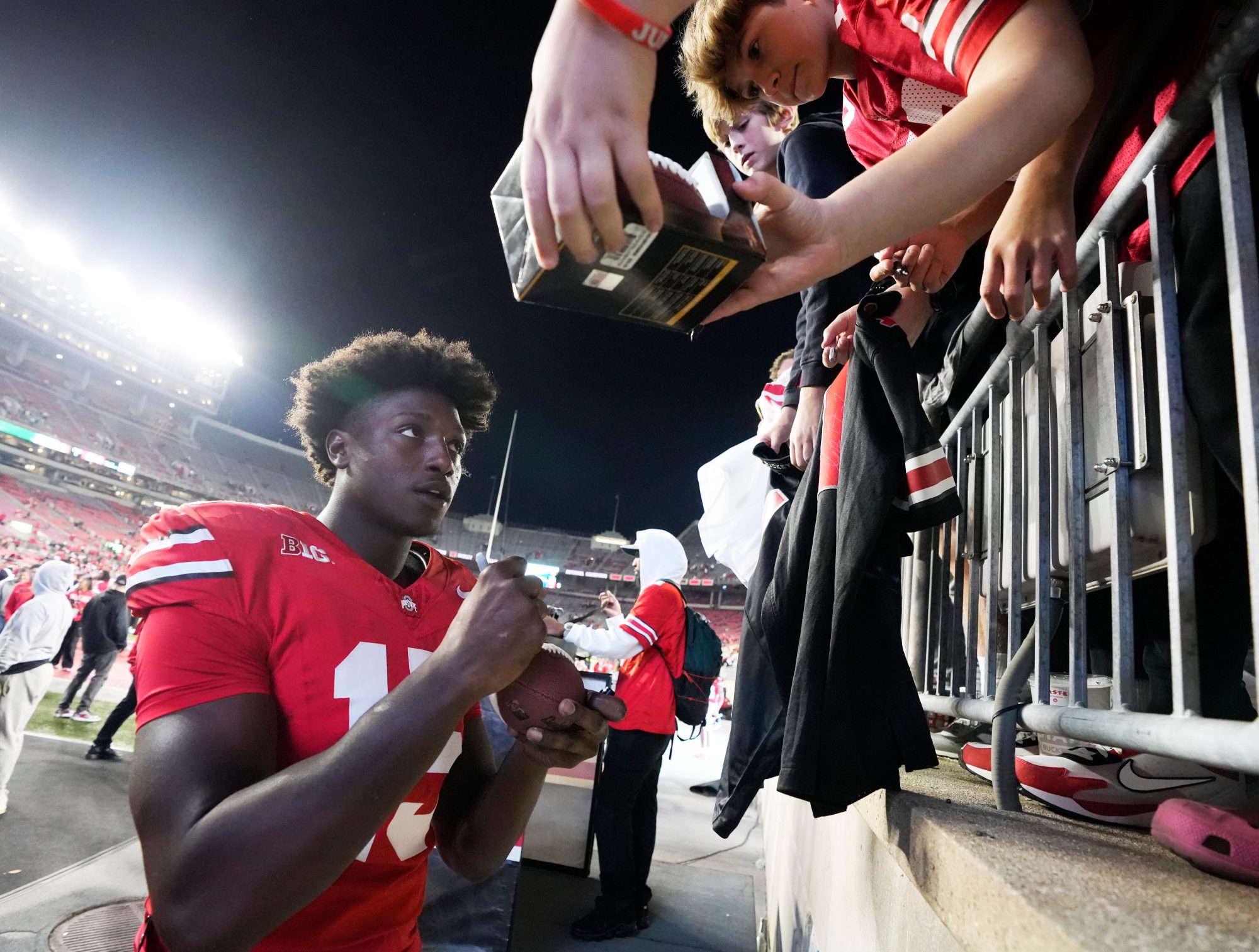
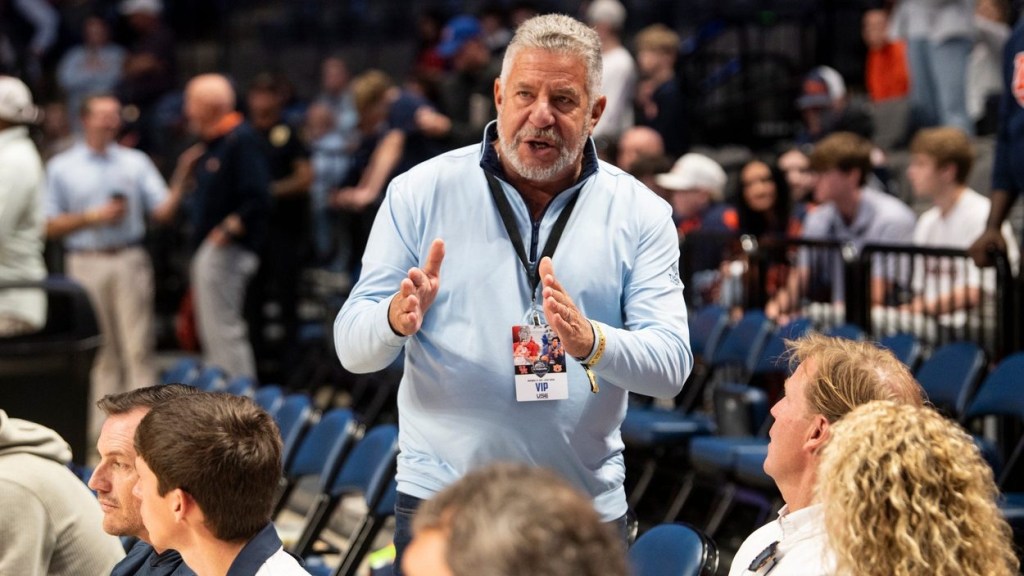
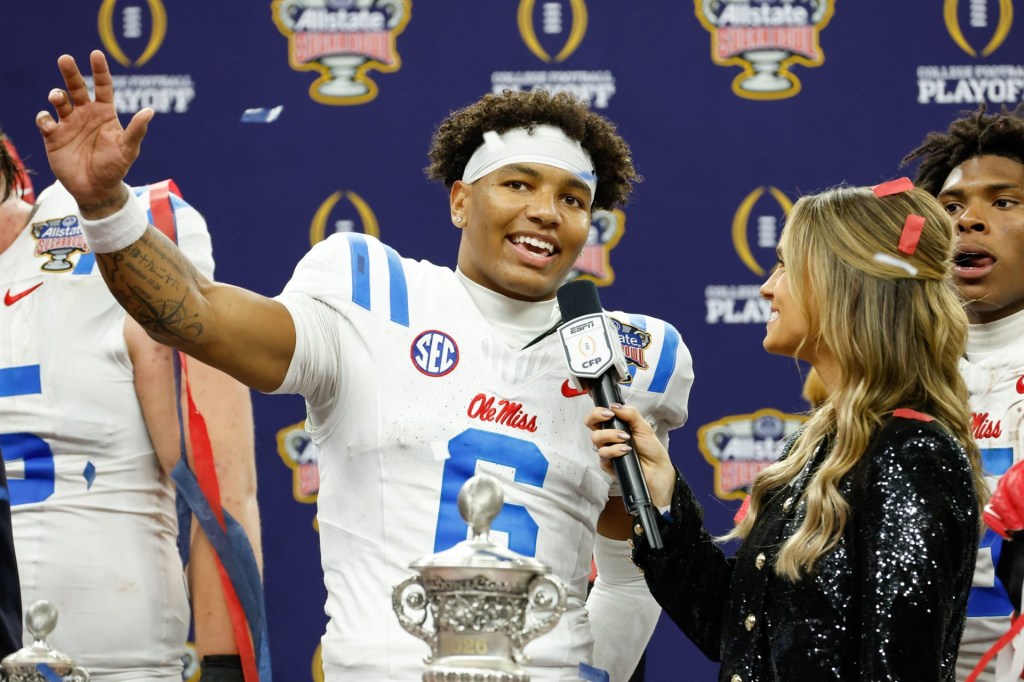
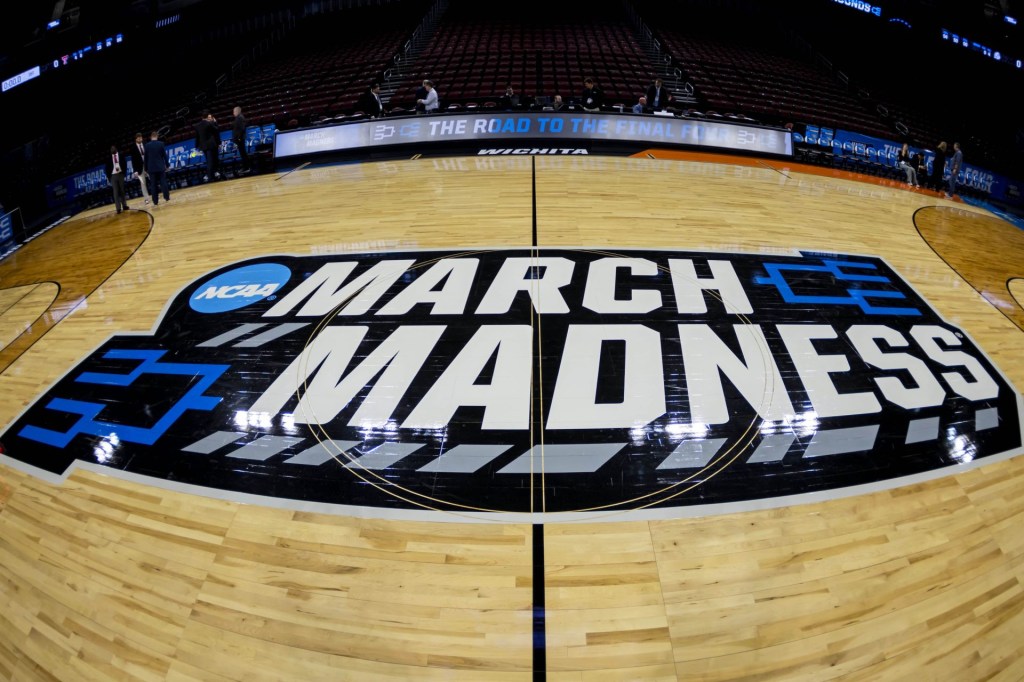
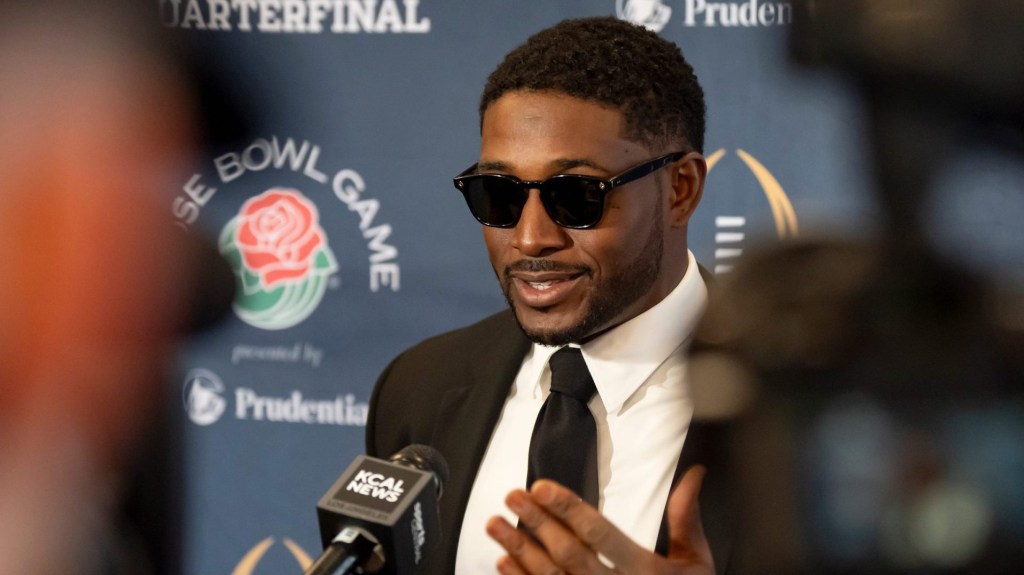
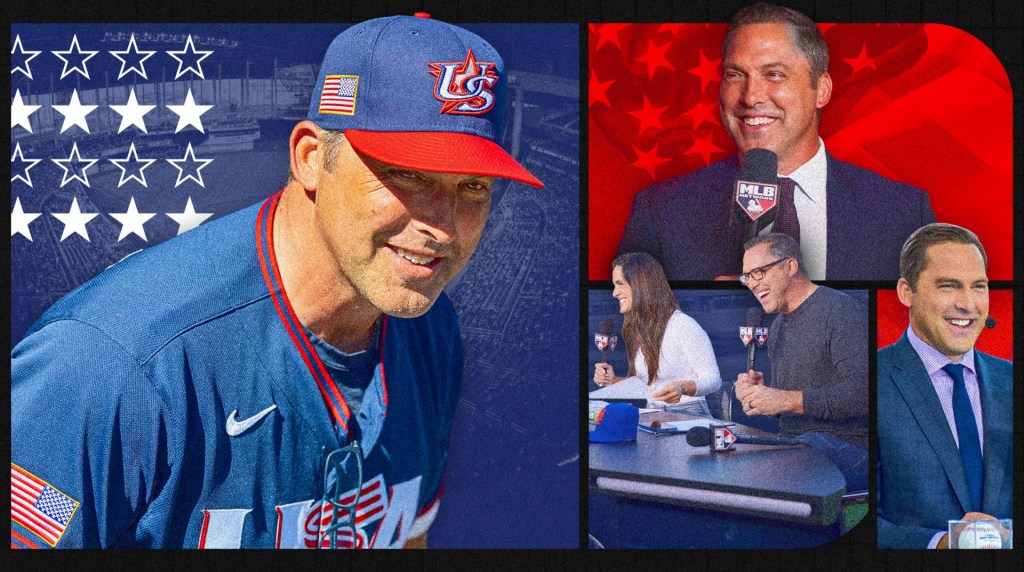


![[Subscription Customers Only] Jun 15, 2025; Seattle, Washington, USA; Botafogo owner John Textor inside the stadium before the match during a group stage match of the 2025 FIFA Club World Cup at Lumen Field.](https://frontofficesports.com/wp-content/uploads/2026/02/USATSI_26465842_168416386_lowres-scaled.jpg?quality=100&w=1024)
